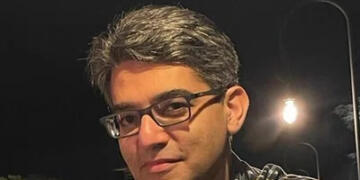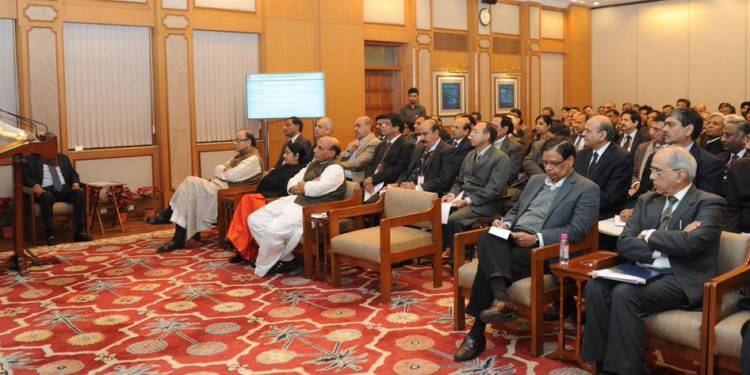The bureaucracy of the country is responsible for implementation of policy decisions. No matter how much the economists and libertarian commentators condemn the ‘steel frame’ set up, the truth remains that an efficient bureaucracy is needed in a country like India. But this does not mean that the bureaucracy must continue with same old Nehruvian model. Given the fact, administrative and legal reforms are top priorities in PM Modi’s scheme of things, bureaucratic reforms are definitely the need of the hour.
PM Modi has been working on strengthening as well removing the weak chinks in the bureaucratic setup of the nation with a flurry of schemes. Now corrupt and non-performing bureaucrats are routinely being identified and rested. A lateral door has been opened wherein anyone can now be a top bureaucrat without climbing the ladders of bureaucracy. Now in a step aimed at modernizing the administrative set up, Modi government is considering split of Department of Personnel and Training (DoPT) which is responsible for recruitment, regulation of service conditions, posting/transfers, deputation of bureaucrats and their training.
Modi government could create two separate departments to deal with personnel matters and training of the bureaucracy. The step of bifurcation is being taken to sharpen the focus on training. So far, training to civil servants has been treated as once in a lifetime practice. But the problem with this method was that ‘skill set’ of the bureaucrats becomes irrelevant in few years in a fast-changing world. A separate training division will enable the government to train the officers every few years to keep them relevant in fast changing reforms.
Currently, the training division of DoPT is responsible for training programmes for civil servants and other government employees. The training division implements the 2 decades old National Training Policy- 1996 and training process is dilapidated. Every ministry works in silos and trains their own officers in specific set of skills. “Right now, different ministries and training institutes are responsible for the training of government officials from different services,” said a government official.
The new training department will be responsible training, evaluation, monitoring and appraisals of all civil servants irrespective of ministries. This would increase the coordination between the different ministries and lead to better performance evaluation. “The idea is to centralise training and ensure there is better coordination of training of government officials throughout the country by bringing it under one ministry,” added the official.
The Indian bureaucracy is considered to be one of the most inefficient institutions in the world. Majority of the civil servants are ‘old school’ due to their training is based on Nehruvian idealism. The institutions like Indian Foreign Service have been severely criticized for not being able to operate in modern post-liberal world. The global liberal order broke down in last few years and a new era of Nationalism ushered in across the global from Americas to South Asia. But our Foreign Service officers have not ungraded their skill set according to the new requirements and ‘Indian interest’ around the globe.
The new department for training will be allocated a higher budget by the Modi government and the training system will be overhauled as per new requirements. The new bureaucrats should be skilled to able to operate in a rule based capitalist economy and non-liberal global order. Modi government has increasingly used technology for efficient delivery of welfare policies, the physical involvement of government officials has been minimized.
The new class of civil servants needs to be trained in completely new set of skills like Information and Communication Technology. The aim of Modi government is to ‘trim’ the bureaucracy and make it more effective. So far, the different ministries have their own training institutes and trained the officers in specific set of skills. But in modern world, the set of problems faced by government changes in every year and therefore the bureaucrats’ needs to trained in ‘problem solving’ instead of solving specific set problems.





























